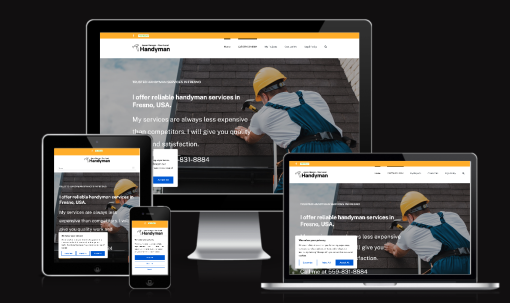In the digital age, a well-designed and user-friendly event website plays a crucial role in the success of any event. Whether it's a corporate conference, a music festival, a wedding, or a charity gala, the event website serves as a virtual gateway for potential attendees. To create the best event website, organizers must focus on captivating visitors, providing essential information, and ensuring a seamless registration process. In this article, we will explore the key elements and strategies that contribute to the best event website, one that not only attracts attendees but also guarantees a memorable and successful event.
Eye-catching Design and Branding
The visual appeal of the event website is paramount in capturing the attention of potential attendees. A well-designed website with an eye-catching layout and branding consistent with the event's theme or identity sets the right tone and generates interest. The use of high-quality images, graphics, and engaging visuals enhances the overall user experience, leaving a lasting impression on visitors.
Intuitive Navigation and User Experience
The best event websites prioritize user experience and ease of navigation. Clear and intuitive navigation menus guide visitors through the website, making it effortless to find essential information. Attendees should be able to access event details, schedule, speakers, ticketing options, and any other pertinent information with just a few clicks, ensuring a seamless and enjoyable browsing experience.
Essential Event Information
The event website should provide comprehensive and relevant information about the event. Details such as the date, time, location, and agenda should be prominently displayed. Additionally, include information about featured speakers, performers, sponsors, and any special highlights to entice potential attendees to register.
Mobile Responsiveness
With the increasing use of mobile devices, it is essential that the event website is fully optimized for mobile responsiveness. A mobile-friendly website ensures that attendees can access event information and register conveniently from their smartphones or tablets, enhancing accessibility and reach.
Streamlined Registration Process
An efficient and user-friendly registration process is critical for converting potential attendees into actual participants. The best event websites offer a streamlined registration process, allowing attendees to register, choose ticket options, and make payments seamlessly. Providing different ticket categories and early-bird discounts can further incentivize attendees to secure their spots promptly.
Interactive Features
Engaging and interactive features on the event website can create a sense of excitement and anticipation. Incorporate features like countdown timers, interactive maps, live chat support, and social media integration to encourage attendee interaction and participation. User-generated content, such as testimonials and participant stories, can also add credibility and foster a sense of community around the event.
Clear Call-to-Action (CTA)
An effective call-to-action (CTA) is essential for guiding visitors towards registration. Use compelling CTA buttons or links throughout the website, prompting visitors to register or take the desired action. Placing the CTA prominently on the homepage and other relevant pages ensures that attendees do not miss the opportunity to secure their spot at the event.
Testimonials and Past Event Highlights
Building trust with potential attendees is crucial. Displaying testimonials from past participants or sponsors, along with highlights from previous events, can demonstrate the success and credibility of the event. Positive feedback and real-life experiences from previous attendees can significantly influence potential participants' decision to register.
For More Info:-
best website developer for events in USA
create an events management website in USA
event management website programer in USA






Comments